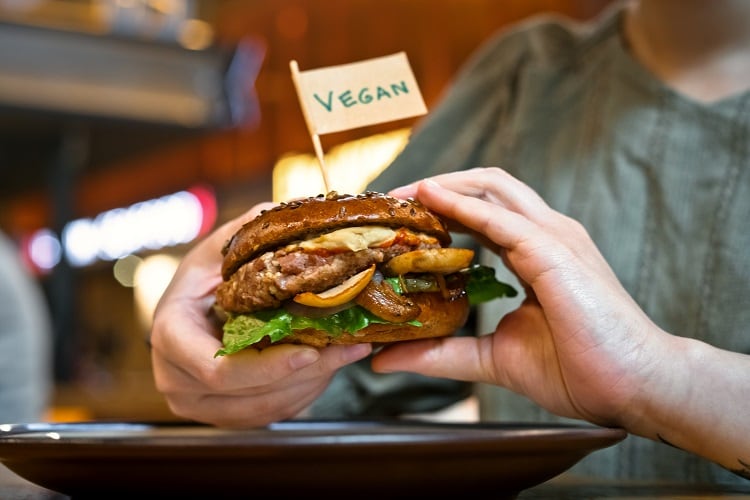The scope of the document covers plant-based alternatives to eggs, seafood, poultry, meat, and dairy products but not milk, which is covered in a separate guidance.
In a nutshell, due to the absence of a standard on plant-based food products, the FDA recommends manufacturers use so-called statements of identity – a description of the food that would be clear enough for the regular consumer to understand.
“Because definitions and standards of identity have not been established for plant-based alternatives, these foods are non-standardized foods and must be labeled with their common or usual names, or in the absence thereof, a statement of identity that accurately describes the food.”
The use of the names of animal-derived foods in the common or usual name or statement of identity must not cause the labeling to be misleading, the FDA adds, suggesting that the description ‘should inform consumers of the specific plant source(s) and, along with other representations in the labeling, should not suggest to consumers that animal source(s) are present or have been used as ingredients’.
Where is FDA's alt milk labeling guidance at?
FDA’s guidance on plant-based milk alternatives has attracted significant industry attention over the last 5 years. The FDA first requested input from industry and consumers in 2018 in a bid to understand how well the term ‘milk’ is understood when used to describe plant-based dairy.
After reviewing thousands of comments, the regulator’s current stance is that consumers understand that milk alternatives do not contain dairy but may not know the nutritional difference between dairy milk and dairy-free alternatives.
Dairy industry bodies such as the NMPF oppose the use of dairy descriptors on all plant-based alternatives; while proponents of plant-based alternatives argue regulators are stifling innovation by sticking to existing naming conventions.
FDA’s latest draft – available here – recommends that common milk alternatives, such as soy milk and almond milk, use voluntary nutrient statements, such as ‘contains lower amounts of [e.g. calcium, or another nutrient as defined in the USDA’s FNS fluid milk substitutes criteria].
As of January 2025, the document is still a draft and it’s unclear if any of its recommendations have been incorporated by plant-based milk alternatives makers.
For example, if the labeling of a plant-based alternative food includes the name of a standardized food – such as ‘cheddar - the name of the standardized food should be qualified by the type of plant source, according to the draft.
What this means is that consumers should be able to easily see the plant source when looking at the name of the food on the label; for example, soy-based cheddar cheese.
In that sense, using the term ‘plant-based’ on its own isn’t enough. “Omitting a descriptor of the legume, nut, grain, seed, or other plant source in the name of the food may be confusing to consumers, as the product would not be readily distinguishable from other types of similar plant-based alternatives,” the regulator states in the guidance.
This also applies to blends, i.e. where a product is made of two major ingredients, e.g. chickpea and lentil-based fish sticks. Here, the predominant plant source by weight should be featured first on-pack.
What of ‘animal-free’ & ‘vegan’?
Just as the guidance eschews the use of ‘plant-based’ as a standalone descriptor, labeling a product ‘animal-free’ or ‘meat-free’ won’t cut it if the main ingredient isn’t featured.
The same goes for ‘vegan’ as it does not on its own describe the plant source.
As examples of this, the FDA’s guidance document features illustrations of ‘plant-based soy bacon’ and ‘non-animal based soy and wheat jerky’.
As for modified spelling – such as ‘cheeze’ – the FDA recommends ‘that the label also make clear what the product is and that the name describes the nature of the plant source.
The draft guidance is available in full via fda.gov. Comments can be submitted by May 7, 2025.

